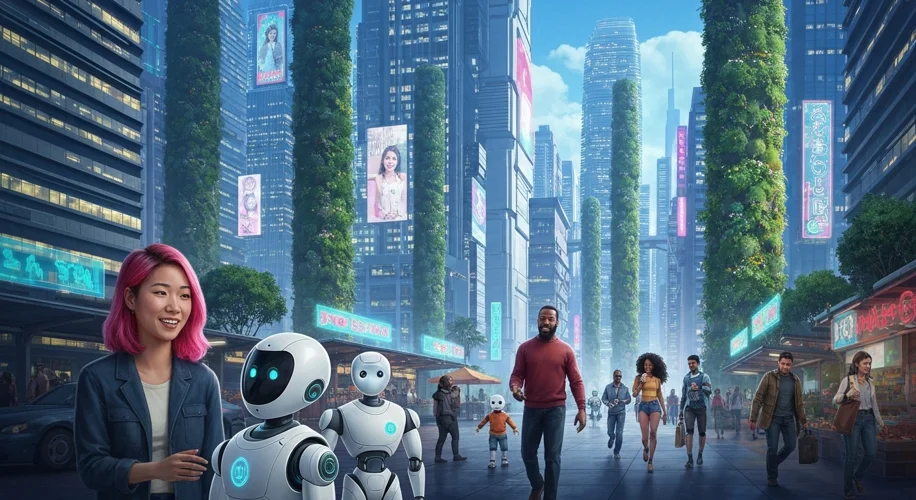As someone who’s spent decades in the technology sector, I’ve seen firsthand how quickly innovation can reshape our world. Today, September 1st, 2025, it’s clearer than ever: the accelerating pace of automation and artificial intelligence isn’t just changing jobs; it’s fundamentally altering the nature of work and income. This brings us to a topic that’s moving from theoretical discussion to practical necessity: Universal Basic Income (UBI).
We’re not talking about a distant sci-fi future anymore. AI and sophisticated robotics are increasingly capable of performing tasks once thought uniquely human, spanning everything from data analysis and customer service to manufacturing and even creative endeavors. Think about it: AI can now write code, generate art, and manage complex logistics. While this progress brings incredible benefits – increased efficiency, new discoveries, and solutions to stubborn problems – it also means a significant portion of jobs as we know them today may not exist in the future.
History offers us parallels. The Industrial Revolution automated countless manual labor jobs, leading to massive societal shifts. While new jobs emerged, the transition was often turbulent. Today’s technological revolution, driven by AI, has the potential to be even more disruptive because it targets cognitive tasks, not just physical ones.
From my perspective, simply hoping new jobs will appear at the same rate old ones disappear isn’t a robust strategy. We need to consider how to provide a safety net and economic stability for everyone in this new landscape. This is where UBI enters the conversation. The idea is straightforward: a regular, unconditional sum of money provided to every individual citizen, regardless of their employment status.
Why is it becoming inevitable? Because it addresses several key challenges:
- Automation Displacement: As AI and robots become more capable, many jobs will be automated. UBI can provide a financial cushion during this transition, allowing individuals to retrain, pursue education, or start their own ventures.
- Economic Stability: In an era of potentially volatile job markets, a basic income can act as an economic stabilizer, ensuring that people have a baseline level of purchasing power. This helps maintain demand for goods and services, even when employment fluctuates.
- Addressing Inequality: Automation often concentrates wealth in the hands of those who own and develop the technology. UBI can help distribute some of that wealth more broadly, mitigating widening economic disparities.
- Fostering Innovation and Entrepreneurship: With basic needs met, individuals might feel more empowered to take risks, pursue creative projects, or start businesses that might otherwise seem too financially precarious.
Of course, implementing UBI isn’t without its complexities. Questions about funding, the exact amount, and its impact on inflation and labor markets are significant and require careful, data-driven consideration. We need thoughtful policy discussions, not just idealistic pronouncements. However, the trend lines are clear.
We must ask ourselves: are we preparing for a future where traditional employment may not be the primary source of income for a large segment of the population? From my experience, the most successful technological advancements are those that are integrated thoughtfully into society, considering the human element. UBI, in some form, seems to be a logical, perhaps even necessary, step in ensuring that the immense benefits of AI and automation are shared widely, creating a more resilient and equitable future for all.

